Hi, I’m Sobia Saleem.
They / them / وہ
I’m a queer Muslim therapist. I know—you may have had to read that twice. Most people do.
I was raised in a conservative Muslim community, and as a queer person, I continue to identify as Muslim. My first graduate degree in literature explored the beauty of storytelling in Islamic culture.
I haven’t strayed too far from my love of story-telling. As a narrative therapist, I work with marginalized communities, like the queer community. At the LGBTQ Center of Orange County, on Tongva and Acjachemen lands, I helped queer clients reclaim their stories, center their experiences, and process their traumas.
It’s my passion and life’s purpose to work with multiply marginalized people as they process their issues. As a licensed marriage and family therapist, I strive to help empower folx with intersectional identities in their stories—and you in yours.

How Can I support you?
I look forward to joining your support system and care circle.
My Therapeutic Philosophy
Most psychotherapists will have more or less the same training. What perhaps sets us most apart from each other is really our therapeutic philosophy, or how we approach therapy. My therapeutic philosophy consists of two fundamental pillars: establishing therapeutic rapport and creating strategies for empowering clients.
Therapeutic rapport
Therapeutic rapport is essentially the relationship between a therapist and their client. This is the most important part of therapy. Without this alliance, there is no trust, and without trust, there can be no processing. As your therapist, it will be my utmost priority to work with you to create safety and trust in our relationship. There should be no doubt that I am in your corner.
Empowering strategies
At the end of the day, therapy is really just an hour or two out of your week. While I will be helping you process and do the work so to speak, ultimately you will be the one who will be doing the heavy lifting in your life. It is my job to give you strategies and interventions that will help empower you to make the changes you want to see in your life.


